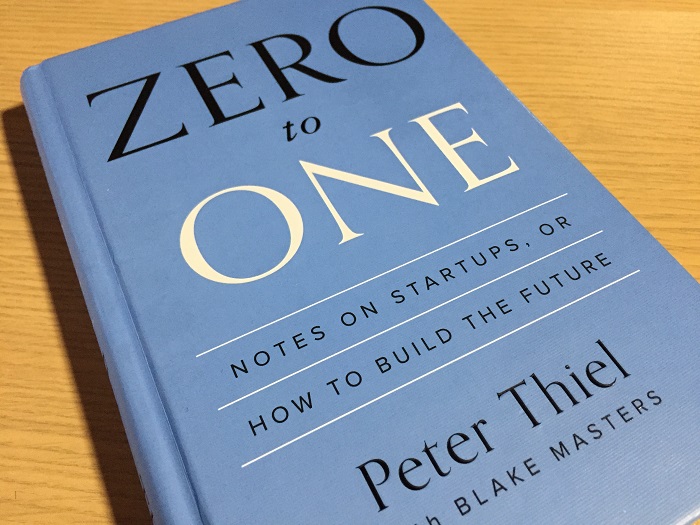Zero to One by Peter Thiel
The great secret of our time is that there are still uncharted frontiers to explore and new inventions to create. In Zero to One, legendary entrepreneur and investor Peter Thiel shows how we can find singular ways to create those new things.
Purchase HereTrue innovation is not fine tuning a pre-existing solution but about creating something new.
What important truth do very few people agree with you on? - interview question always used by Peter Thiel.
Courage is in even shorter supply than genius.
Don't expect the future to change, cause the change.
It's hard to blame people for dancing when the music is playing. - reference to dot com bubble.
When you pay people to be your customers, exponential growth leads to an exponential cost structure.
What valuable company is no one building. You need to capture the value that you are creating, it is not enough just to create value. Compare airlines to Google.
Make a monopoly by making a company so good that there is no substitute.
Focus on true competitive reality. Don't exaggerate you distinguishability. There is a reason that the movie pitch: a famous rapper joins a hacker team to capture jaws hasn't been made. It may be a monopoly on the idea but the idea may not be very good. Will people see this instead of the latest Disney movie? Probably not.
Monopolist unite sectors - pure competitors intersect sectors. One finds a way to show its unique, one disguises that they are unique.
All failed companies are the same, they failed to escape competition.
The more we compete, the less we gain.
Fight and win. There is no middle ground. Either there are no punches or strike hard and end it.
Growth is easy to measure but durability isn't.
Network products must start small so that they can be stable.
Don't forget to create a brand (a reputation).
Always err on the side of starting small. If you think your initial market is too big it most certainly is.
Create definite processes, not indefinite ones. Plan vs hope.
There are 4 states
Indefinite pessimism - things are going to be bad regardless of what we do - no plan on how to proceed.
Definite pessimism - things are going to be bad - plan to prevent or stem the issue.
Indefinite optimism - things are going to be good - just not sure how - no plan. Think of this as evolution, things are progressing and getting better but there is no definite plan. Think bio tech, they try random concoctions and test them.
Definite optimism. - things are going to be good - and there is a plan of execution to make them this way. Think intelligent design. Think tech startup - there is a goal (that in theory will be positive) and there is a definite way to get there.
Create definite processes, not indefinite ones. Plan vs hope.
Don't succumb to chance, you are not a lottery ticket.
Why should the 20th employee join your company? The first few join for a large payout for risk.
Valuable companies won't look to replace people but will look to empower them. Computers are a different category and are a compliment not a replacement.
You need to have an order of magnitude better service than the closest substitutes.
